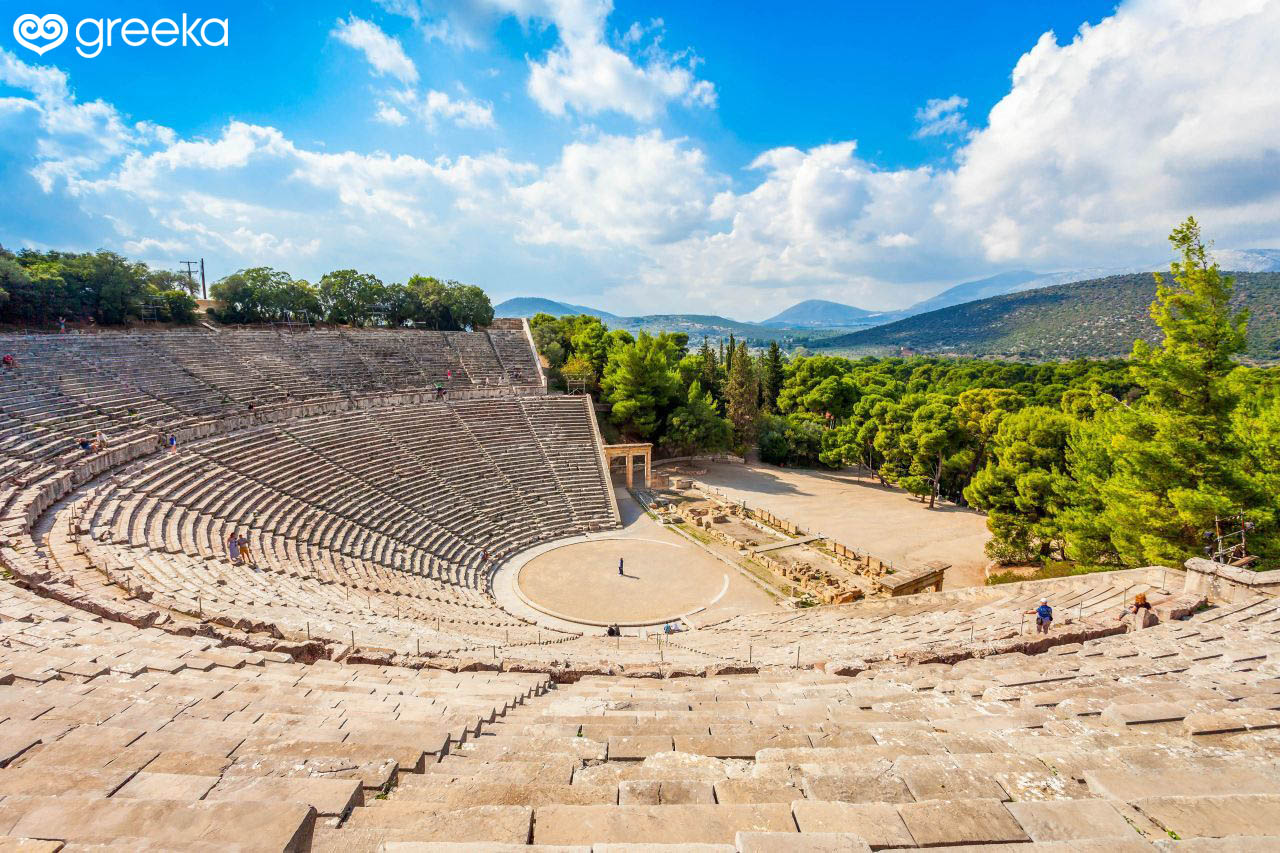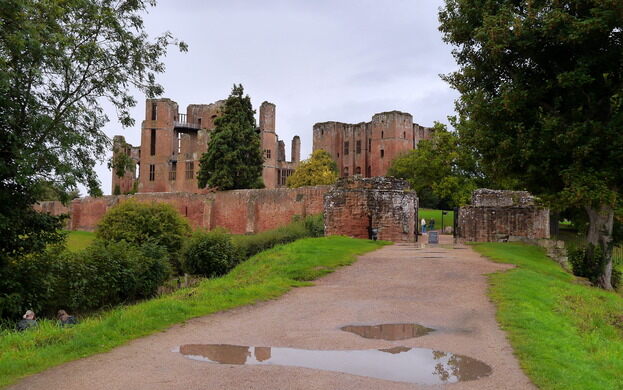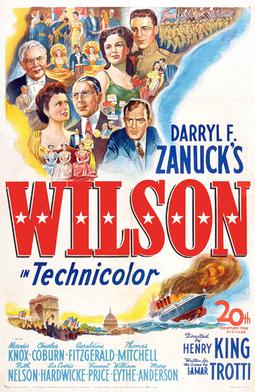I guess it is difficult to explain to anyone who did not grow up before the internet the imprint that certain books and certain pictures looked upon hundreds and hundreds of times over a period of many years would make on one's mind. That is obviously a common theme of my blogs, the strange desire I seem to have to keep up my relation to these books from my childhood that I looked up to and aspired to enter the world of in some way. This post has a bunch of pictures of Great Historical Sites of Europe taken from my college Western Civilization textbook which was published in the early 1960s. For some reason I have always loved these rather simple pictures, which I imagined was what these places looked like through the eyes of a cultured person who was really respected for his intelligence, which I have had some idea since an early age was the truly highest state that I had any realistic hope of attaining to. I thought I should look at them side by side with some picture of what they look like now, and record my thoughts on it.
1. Ancient amphitheater at Epidaurus. Everything, for me, has to start with Greece, or the Greek world. Look at those dried out, ancient looking hills in the background, and the sense that a traveler trekking across an empty country could just stumble upon this grand, perfect ruin.
I actually cannot find a modern picture of the place where it is overrun with vulgar tourists, commercialism, etc, so maybe it actually is not ruined, and my whole project of lamentation is going to be defeated.
I have seen more stirring old pictures of the Parthenon, but I'm trying establish a mood here.
This is more like it, although most of these people at least look young, which is more bearable. Still, the romance of communing with the glory that was Athens is probably hard to achieve when there are this many people.
Aqueduct at Segovia. There's a nice little crowd here even in the 50s, but manageable. You're still going to get that centrally-located room and night of outdoor dancing with comparatively elegant people without too much hassle if you want it.
This is the most crowded modern picture I could find, and at least one blogger has written a post describing Segovia as "That Idyllic European Town You've Been Looking For" so maybe there is still hope for me to live out my European fantasies, or some of them anyway, and this will be an optimistic rather than a pessimistic post.
Mausoleum of Theodoric the Ostrogoth at Ravenna. Those trees. I feel like I'm at the end of a classic movie.
I like the 1950s approach better. The whole setting in the modern picture makes the tomb look less substantial, it looks a little like a CCC-era public restroom in a city park.

The cloth hall at Ypres. This building was rebuilt from 1933-1967 after the medieval structure was destroyed during World War I. This picture may be of the original, I can't tell. The solitary man in this picture decked out for an Alpine expedition as he crosses the square is one of my oldest tourism role models. The spirit embodied in this enthusiastic pilgrim will be mine too, someday, I can imagine myself thinking.
More cars now.
Walled Town of Carcassone. Another picture to arouse the leisure-lover's imagination. Another sleepy afternoon in the village just as it's been for the last 600 years. And a long-haired girl sitting on the wall...
I'm just not finding the nightmarish scenes I was hoping for.
No nightmare here.
Cologne Cathedral. I'm pretty sure this picture must predate World War II.
Kenilworth Castle, England. I love the muddy approach here.
The modern picture somehow always lacks the romance of the older ones, but this place seems to have stayed pretty true to itself.
Reims Cathedral. I'm going to bet this is still pleasant and civilized. But the neighboring areas, the nightlife, the cafes, those are all dead now, right? It's not possible that I could still find something of what I imagine I have always wanted, is it?
This is the most crowded picture of Reims Cathedral I could find. Once again, the older picture makes it look so much more grand, but I am sure that it is pretty exciting to see in real life. Most of the famous places I have been to generally were.
Gratuitous Notre Dame picture. One of the central loci of the old Western European dream that so many today are successfully weaning themselves off of.
Abbey at Cluny
This place is looking just as good as it did before.
This is the most important of these pictures, the one I came back to the most because it is the one that projects, in those who can make some claim to possession of its ultra-superior qualities, the most authority and self-assurance, and of course it is that that I have always lusted after with complete and shameless abandon.
I would definitely still go and see this if I were able. It's got too much lore and connection to classic Europe to be too diminished in my eyes.
Well, maybe.
House of Jacques Coeur, Bourges
The Doges Palace always has had a little bit of a crowd--no one dreams of going to empty cities, even generally misanthropic intellectuals.
Now it's the poster child for overtourism. They are getting very close to implementing a fee to enter the city.
Medici-Riccardi Palace. I had to get something from Florence in here. It's another one of the old standbys of the touristic imagination that sounds like it has become somewhat more difficult at least to partake of the feeling of being somewhere very special and great. Perhaps this is not true. I was there in '97, pre-Euro,and the numbers of visitors, while lamented at the time, were certainly much smaller than now, and I felt that I found a great deal of what I was looking for.
I'm going to publish this now. I was almost finished on the 23rd but I had a bit of a health incident on Christmas Eve so I don't know if I'm going to be up to polishing this for a few weeks. However I may do a short end of year type post in a couple of days because I am laid up for a few days.













/arc-anglerfish-arc2-prod-tronc.s3.amazonaws.com/public/4TYJF2QASZGNHBKOEGOVMR23LA.jpg)






















